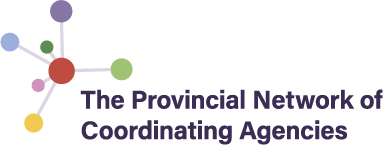FASD Service Coordination
Contact Brant provides Service Coordination support to families of children and youth who have FASD, or possible FASD.
Fetal Alcohol Spectrum Disorder (FASD) is a diagnostic term used to describe impacts on the brain and body of individuals prenatally exposed to alcohol. FASD is a lifelong disability. Individuals with FASD will experience some degree of challenges in their daily living, and need support with motor skills, physical health, learning, memory, attention, communication, emotional regulation, and social skills to reach their full potential. Each individual with FASD is unique and has areas of both strengths and challenges.
Provide
Information and strategies through an FASD lens.
Connect
To community services and the Brant FASD Caregiver Support Group.
Develop
Service plans that best fit the family’s needs.
Educate
To build capacity with families and community professionals.
Eligibility for FASD Service Coordination
- Ages 0-18 or,
- Ages 18-21 and still attends school, and
- Diagnosed or suspected of having FASD.
Member Of:

